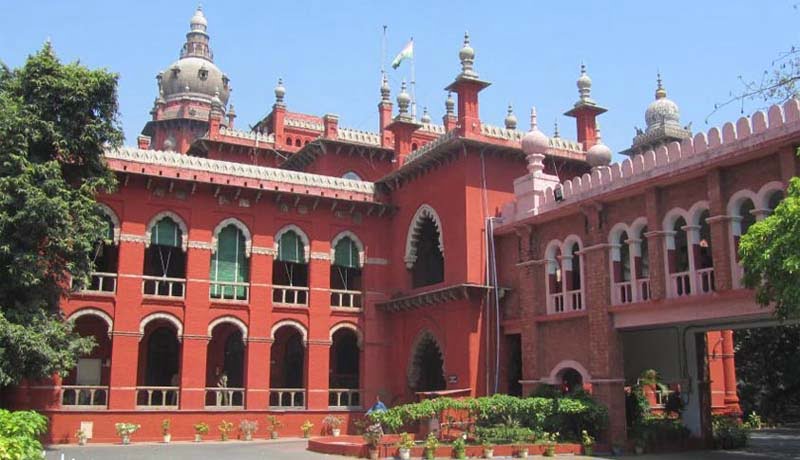Madras HC invalidates Sales Tax dept's Attachment Order against the property purchased from assesee in goodfaith [Read Order]

Assessment Penalty – gross total income – Taxscan
Assessment Penalty – gross total income – Taxscan
The single bench of Madras High Court in a recent decision set aside the attachment order passed by the Commercial Tax Officer against the property which was subsequently purchased by the purchaser in goodfaith, without notice to the arrears due to the assessee.
The Court was considering a writ petition filed under Article 226 of the Constitution praying for direction to set aside the attachment order passed by the Commercial Tax Officer to attach the property purchased by him from for the realizing the tax due from the company, who was the earlier owner of the said property.
Coming to the facts of the case, the property in dispute was owned by a company, who had mortgaged the same to a bank. In the year 2005, the bank sold the property to an individual by obtaining an order from the Debt Recovery Tribunal in their favor on default of payment of the loan amount by the company.Thereafter, the property was purchased by the petitioner.In 2006, the first respondent has created an encumbrance in the property.
The petitioner submitted that, be a purchaser for valuable consideration much prior to action being initiated by the first respondent cannot be made to suffer by virtue of the impugned attachment.
Whiile allowing the petition, Justice T.S.Sivagnanam noticed its decision in D.Senthil Kumar & Others vs. The Commercial Tax Officer& Anr, wherein in an identical set of facts, the order of attachment was set aside. In that case the Court observed that “the appellants were the purchasers for value without notice for the sales tax arrears of the defaulting company or the consequent charge on the property. Thus, the property in the hands of the appellants was free of the charge and it is not open to the first respondent to enforce the liabilities of the defaulting company in this manner against the appellants.”
The Court further noticed the decision in the case of Senthil Kumar vs. Assistant Commissioner, Chennai and Others, in which it was held that “the petitioners are bona fide purchasers without notice of charge under Section 24(2) of th TNGST Act and the rights accrued to them cannot be interfered with. For the reasons stated above, the respondents 1 and 2 belatedly could not proceed against the petitioner's property for the arrears of sales tax due of the Company which availed the loan from the Third Respondent-Bank.”
Read the full text of the order below.


